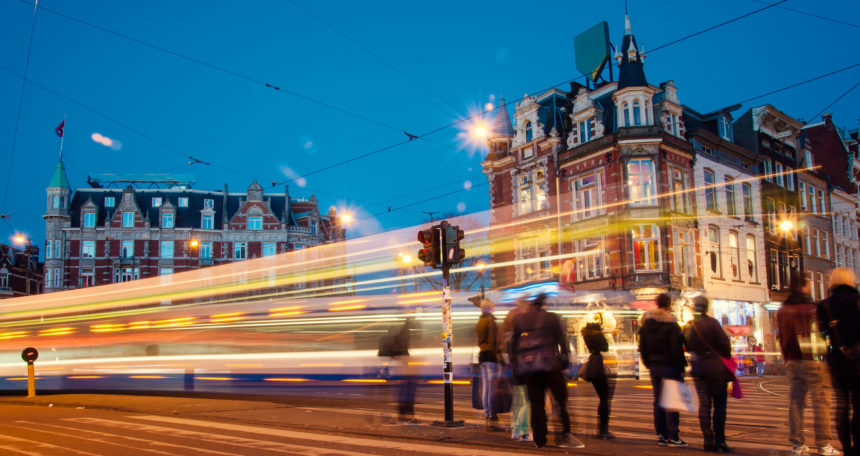Contact with peers helps victims to reinvent themselves

Enduring a serious victimization experience can have a profound effect on the victims and their social surroundings. The impact and experience can differ enormously, but almost all victims have a need for sense-making. After all, an experience such as this can bring up complex emotions and questions.
From previous research we know that social support is important in learning to deal with a victim experience. We also know that (re)narration of experiences can contribute to giving meaning to those experiences. Yet it is not clear what social support and the (re)telling of victim experiences exactly look like and how that contributes to coping with a victim experience. In addition, there are signs that after a while victims do not feel heard by or connected to their social relations, while this does happen with fellow-victims.
Victims cannot always and not immediately grasp what has happened to them
Pien van de Ven therefore investigated what role social support and peer contact exactly play in dealing with a victim experience. To do this she used, among other things, an observation of groups of fellow-sufferers. She also used data from a long-term study of those affected by the Enschede fireworks disaster to measure the relationship between mental health problems and experienced lack of social support.
The study shows that victims cannot always and not immediately grasp what has happened to them, what the victim experience means to them and what they need to grow past it. Victims who may need the most social support due to their mental health issues experience a greater lack of support one year after the victim experience.
Building an identity of which that experience becomes a part
Learning to cope with the victim experience consists of making sense of the victim experience and building an identity of which that experience becomes a part. Peer contact can be a means of experimenting with and shaping that identity through interaction with like-minded people. Interaction with peers contributes to mutual support, recognition and normalization.
Importance of social reactions and the social network
Van de Ven recommends that anyone working with victims consider the importance of social reactions and the social network. She also points out the need for follow-up research on the significance of different forms of social support in the aftermath of different victim experiences.
Publication details and further reading
Van de Ven, P. (2022). The role of social support in the aftermath of victimization. Interpersonal aspects of coming to terms with a victimization experience.
Promotor: prof. dr. A. Pemberton
Copromotors: dr. M.J. van Hulst, dr. S.B.L. Leferink
Also read Victim rediscovers identity and sense of meaning through contact with fellow victims.
Share this article
Actuele berichten

